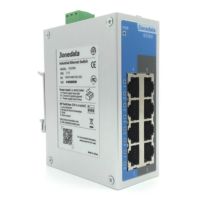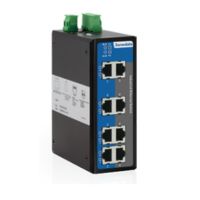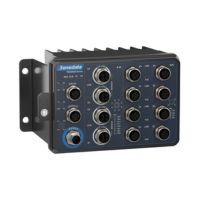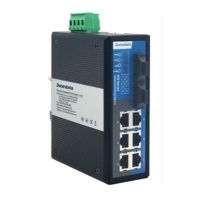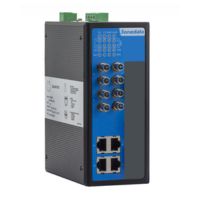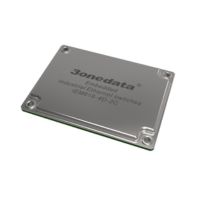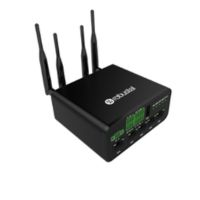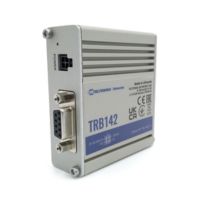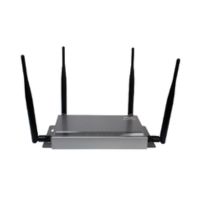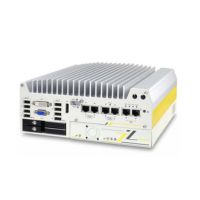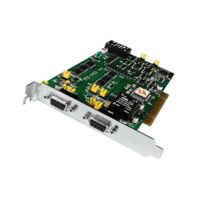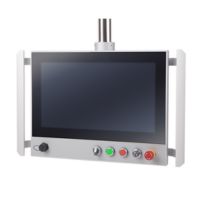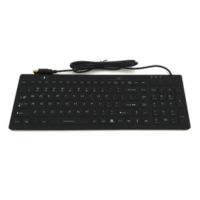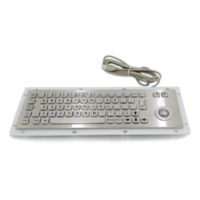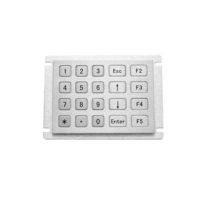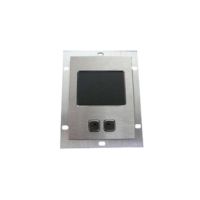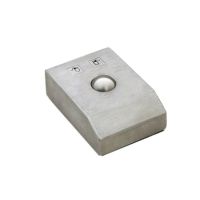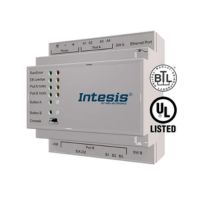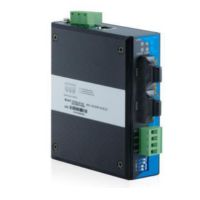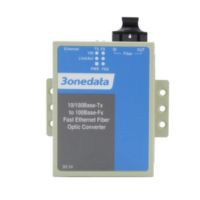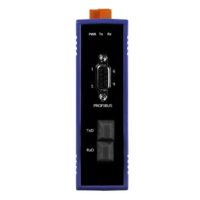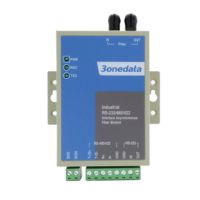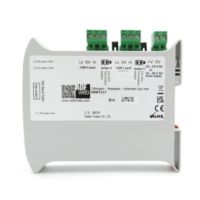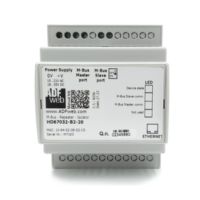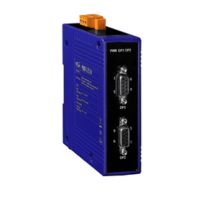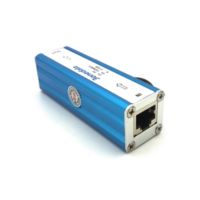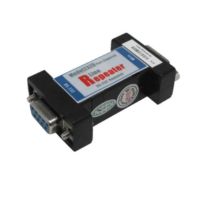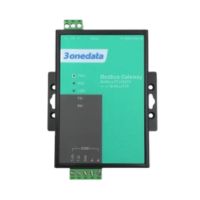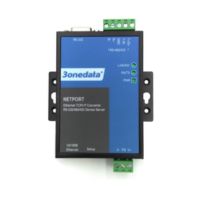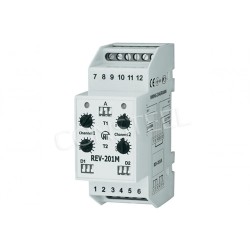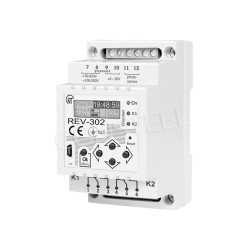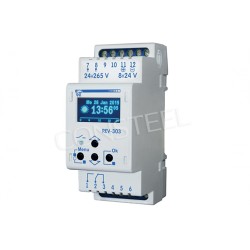What is the time relay used for?
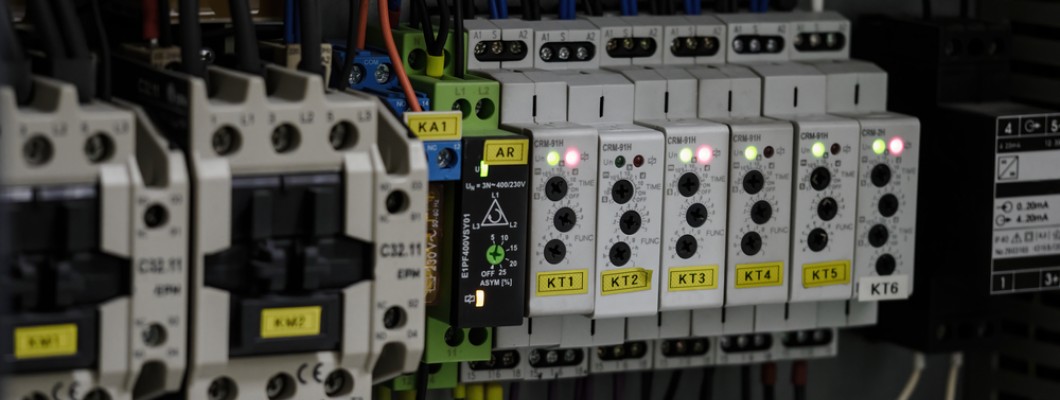
In the field of industrial automation, timing precision is often crucial to the smooth operation of machines and processes. That's where industrial timing relays come in, as essential components that facilitate precise control of timing sequences in a wide range of industrial applications. From production lines to energy management systems, industrial timing relays play a key role in ensuring productivity, safety and reliability. So what are industrial timing relays and what application do they serve in the industrial zone?
How does a time relay work?
Industrial time relays, also known as time relays or delay relays, are electromechanical devices designed to control the timing of electrical circuits. Unlike conventional relays, which switch electrical contacts based on the presence or absence of an input signal, time-delay relays introduce a time delay before activating or deactivating relay contacts. This delay can be set and adjusted to meet specific timing requirements, ranging from milliseconds to hours, depending on the application.
Timing relay applications in industrial automation
Process control and sequencing:In manufacturing environments, industrial time relays are used to control the sequence of operations on production lines. They ensure that each step in the manufacturing process occurs at the exact intervals required for optimal productivity and quality control. For example, on an assembly line, timing relays can be used to coordinate the movement of conveyor belts, robotic arms and other machines.
Pump and motor control: Time relays are commonly used in pump and motor control applications to prevent problems such as motor overload and premature wear. By incorporating time delays into a circuit, these relays can delay the startup and shutdown of motors, reducing the load on electrical systems and extending the life of equipment. This is particularly useful in scenarios where multiple pumps or motors need to be synchronized to prevent power surges.
Lighting and HVAC systems: Industrial facilities often use time-delay relays to efficiently manage lighting and HVAC (heating, ventilation and air conditioning) systems. Time-delay relays can be programmed to turn lights on and off at specific times of the day, helping to minimize energy consumption and reduce operating costs. Similarly, in HVAC systems, time-delay relays control the activation of heating or cooling elements based on predetermined schedules or occupancy patterns.
Safety and security systems: Time relays play a key role in enhancing safety and security in industrial environments. For example, they can be integrated into access control systems to regulate the operation of doors, gates and barriers. By introducing time delays, these relays ensure that access is granted or denied only for the appropriate amount of time, helping to prevent unauthorized entry and maintain facility security.
Industrial Timing Relays are versatile devices that provide precise timing sequence control for a wide range of industrial applications. Whether coordinating production processes, managing equipment operation or enhancing safety and security, these relays play a key role in optimizing efficiency, reliability and productivity in industrial settings. As automation technology continues to evolve, demand for the sophisticated timing solutions provided by industrial timing relays is expected to grow, further cementing their status as essential components in the industrial automation toolbox.

